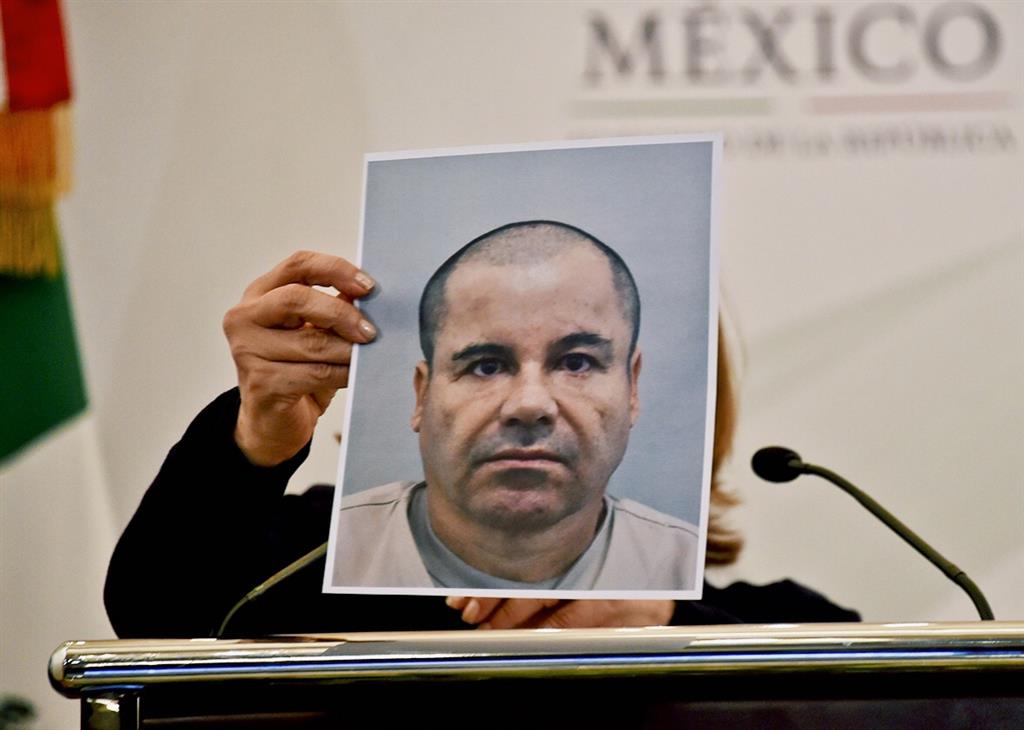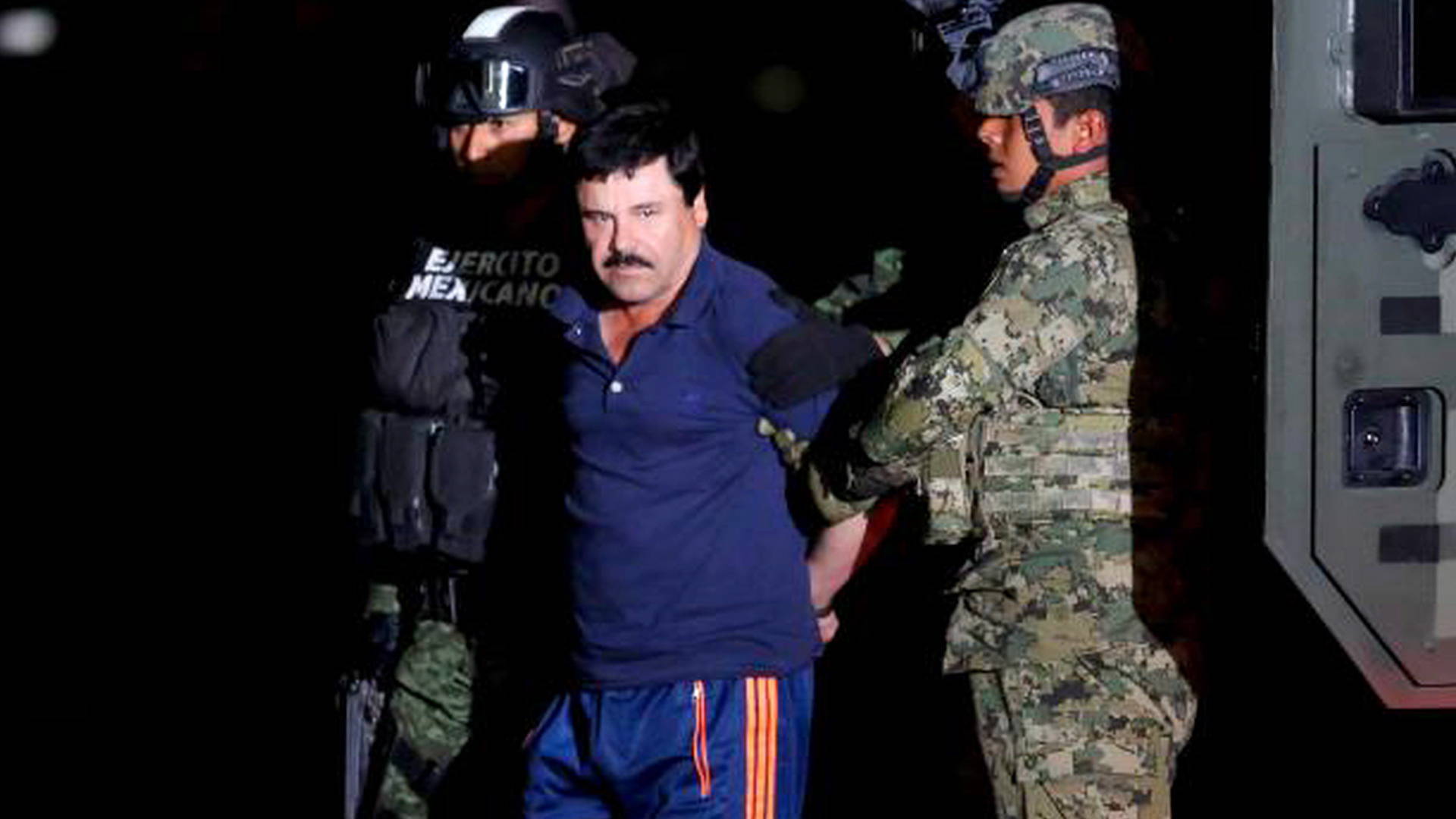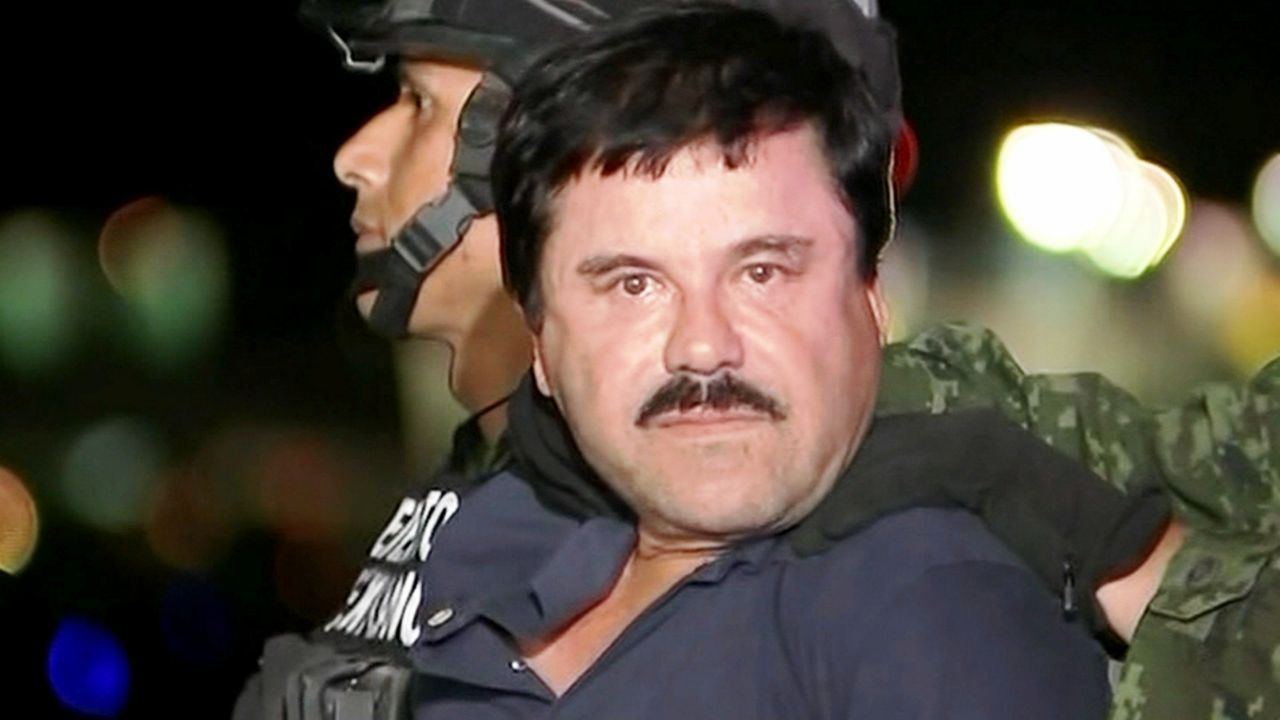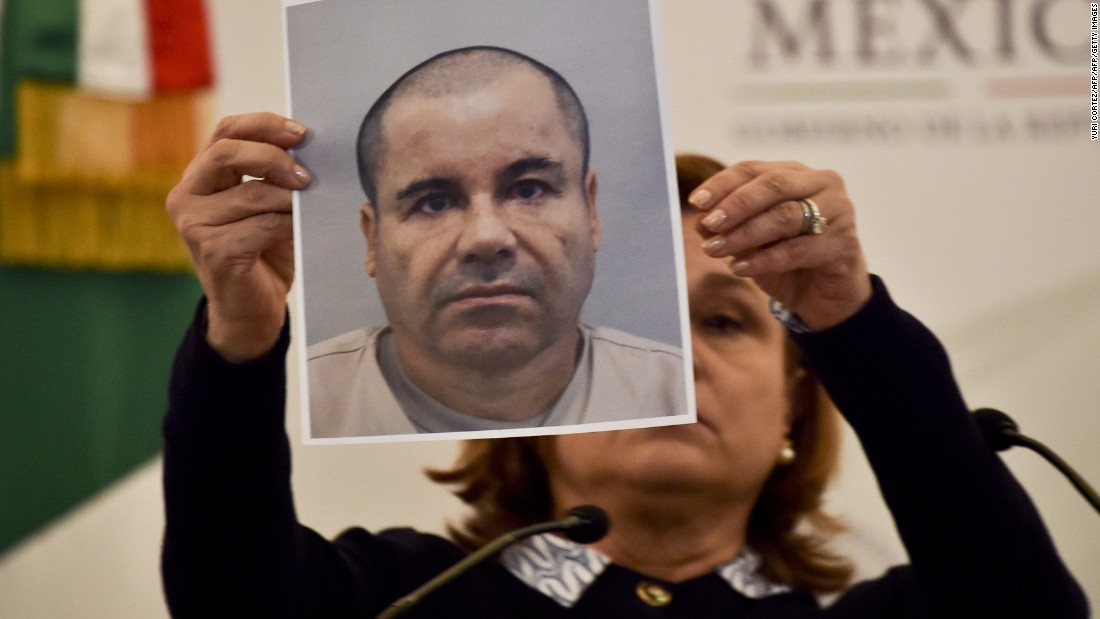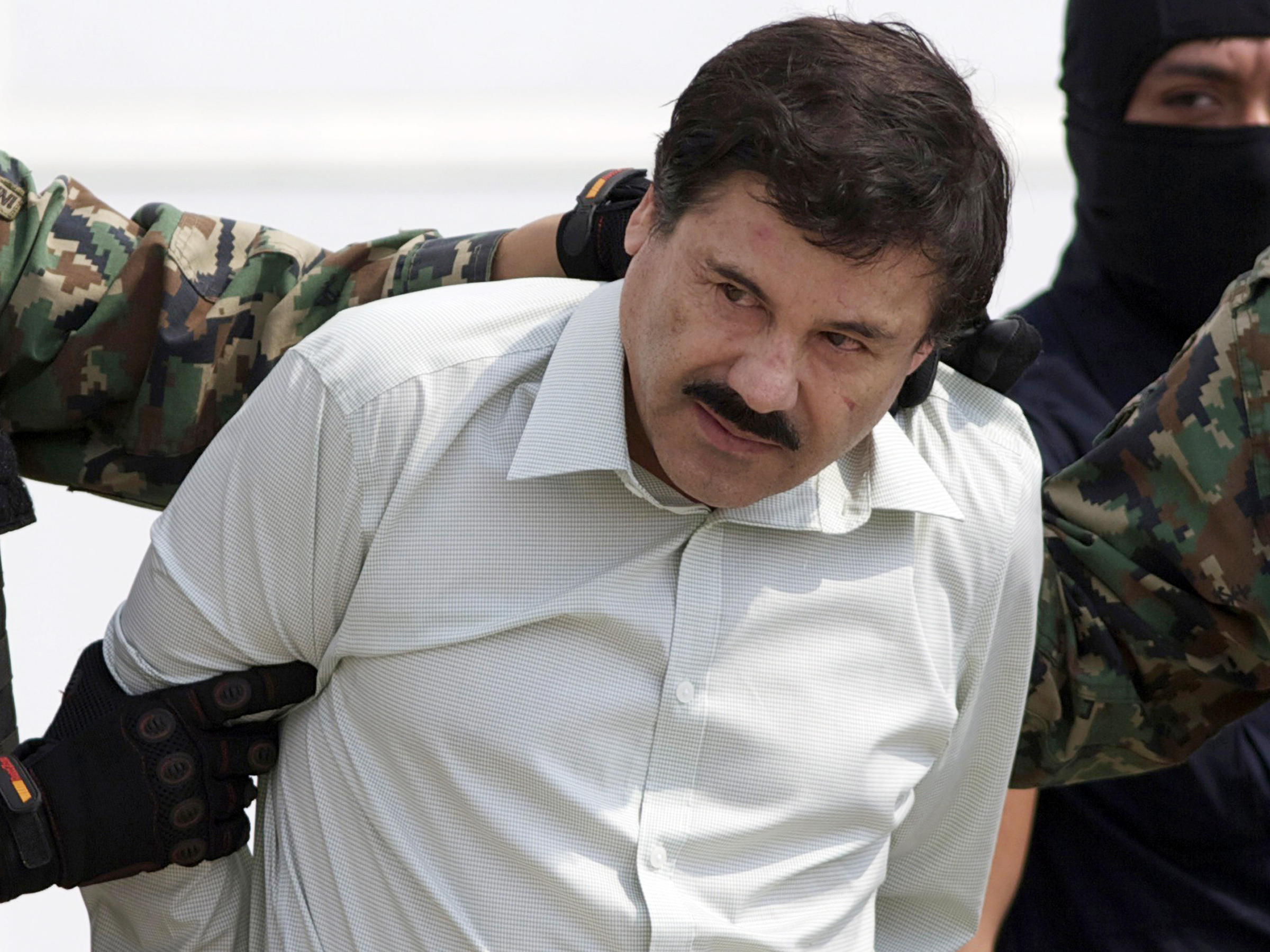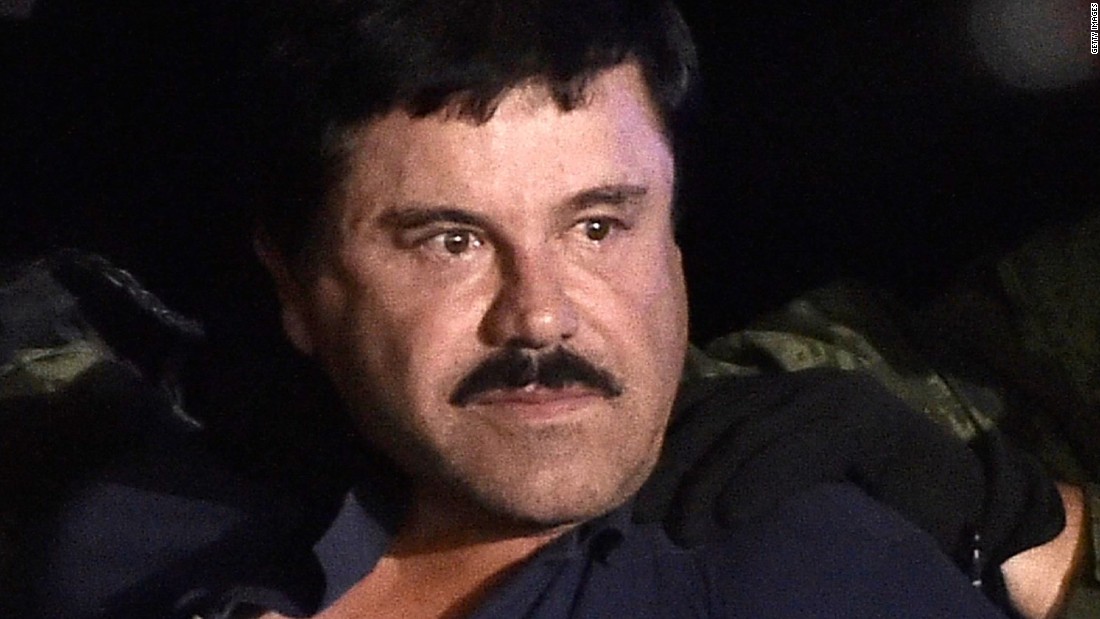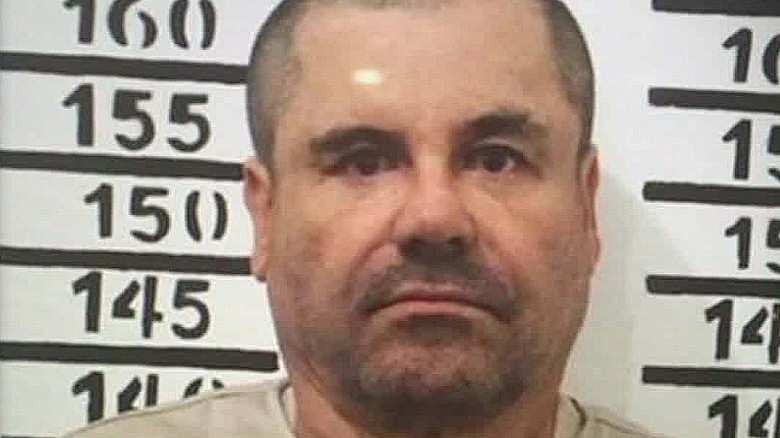The notorious Mexican drug lord, Joaquín "El Chapo" Guzmán, has been sentenced to life in prison plus 30 years, marking the end of a dramatic and highly publicized trial. The sentencing comes after El Chapo
called his trial "unfair" and claimed that he was denied a fair shot at justice.
El Chapo, who was found guilty of
engaging in a continuing criminal enterprise and other charges related to his role as the leader of the Sinaloa cartel, will spend the rest of his life behind bars. The sentencing was handed down by U.S. District Judge Brian Cogan in a federal court in Brooklyn, New York.
During the trial, prosecutors presented
overwhelming evidence of El Chapo's involvement in a vast drug trafficking operation that spanned decades and resulted in the deaths of thousands of people. The prosecution's case included testimony from former associates and accomplices of El Chapo, as well as
damning text messages and recordings that implicated the defendant in the crimes.
In a statement to the court, El Chapo complained that his trial was unfair and that he had been denied the opportunity to present a proper defense. However, Judge Cogan rejected these claims, stating that El Chapo had been given ample opportunity to present his case and that the evidence presented against him was "overwhelming."
The sentencing of El Chapo marks a major milestone in the
war on drugs and is seen as a significant victory for law enforcement agencies around the world. The Sinaloa cartel, which El Chapo led, was responsible for
smuggling massive quantities of cocaine, heroin, and other drugs into the United States and other countries, resulting in widespread addiction and violence.
As El Chapo begins his life sentence, many are reflecting on the impact of his crimes and the significance of his conviction. The sentencing serves as a reminder that those who engage in
organized crime and trafficking will be held accountable for their actions, and that justice will be served.
In conclusion, the sentencing of El Chapo to life in prison is a major blow to the Sinaloa cartel and a significant victory in the war on drugs. As the world moves forward, it is clear that the legacy of El Chapo will be one of violence, addiction, and suffering, and that his conviction serves as a reminder of the importance of justice and accountability.
Key Takeaways:
El Chapo has been sentenced to life in prison plus 30 years for his role in the Sinaloa cartel.
The sentencing marks a major milestone in the war on drugs and is seen as a significant victory for law enforcement agencies.
El Chapo's trial was highly publicized and included testimony from former associates and accomplices, as well as damning text messages and recordings.
The Sinaloa cartel was responsible for smuggling massive quantities of cocaine, heroin, and other drugs into the United States and other countries.
For more information on the El Chapo trial and the war on drugs, visit our website or follow us on social media.


